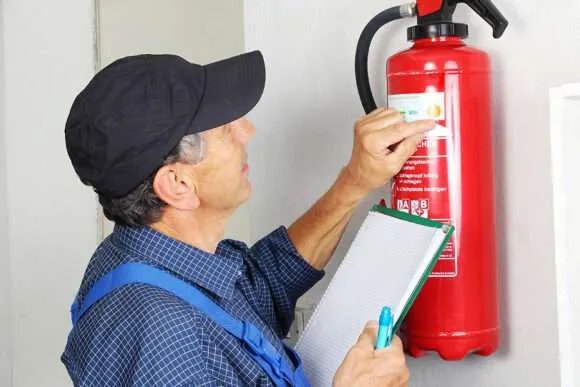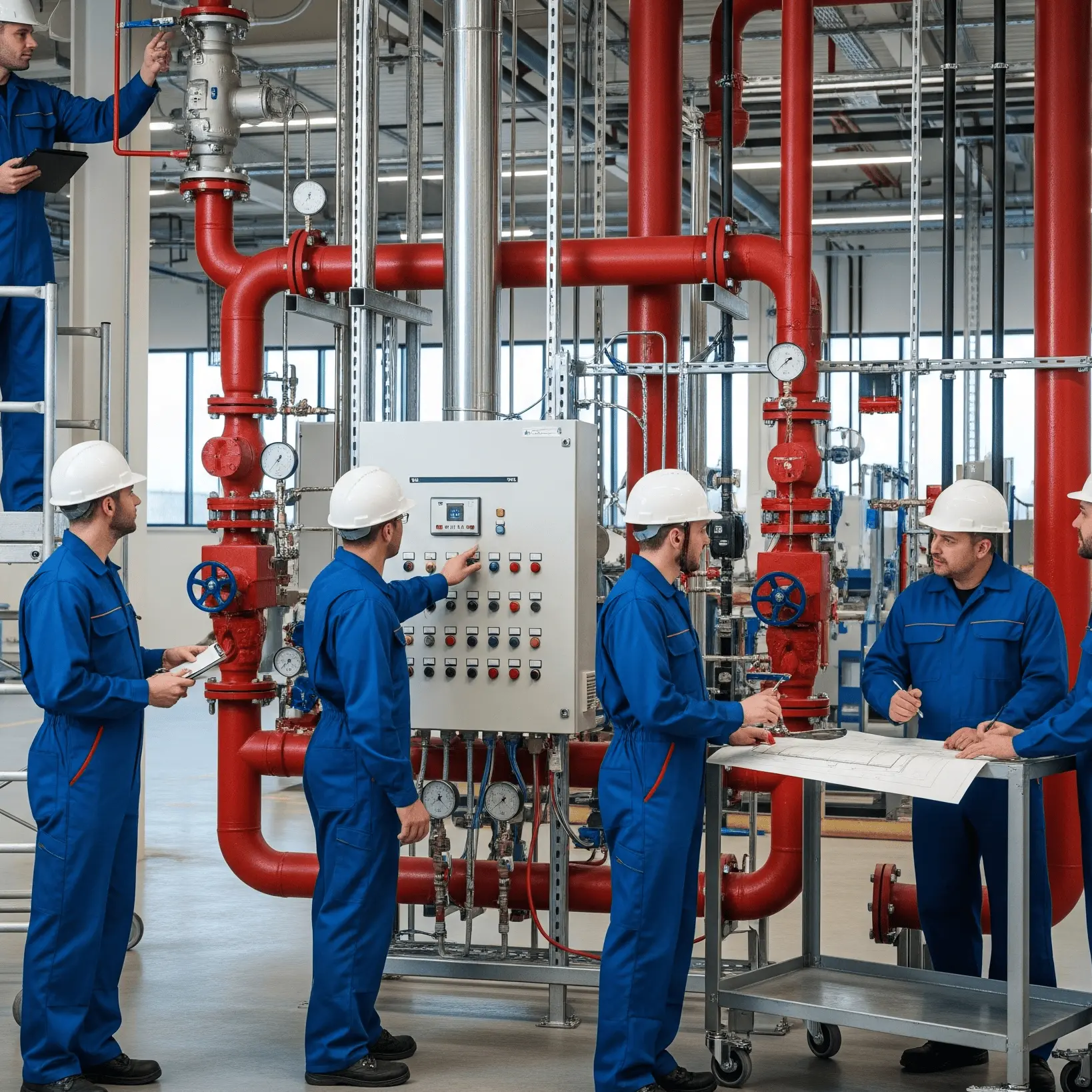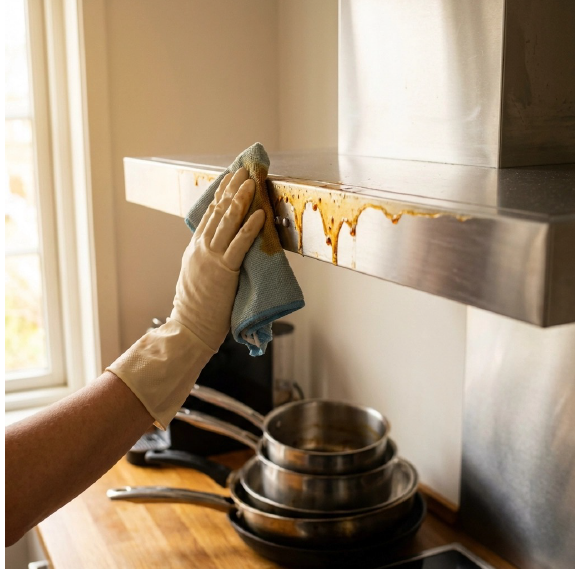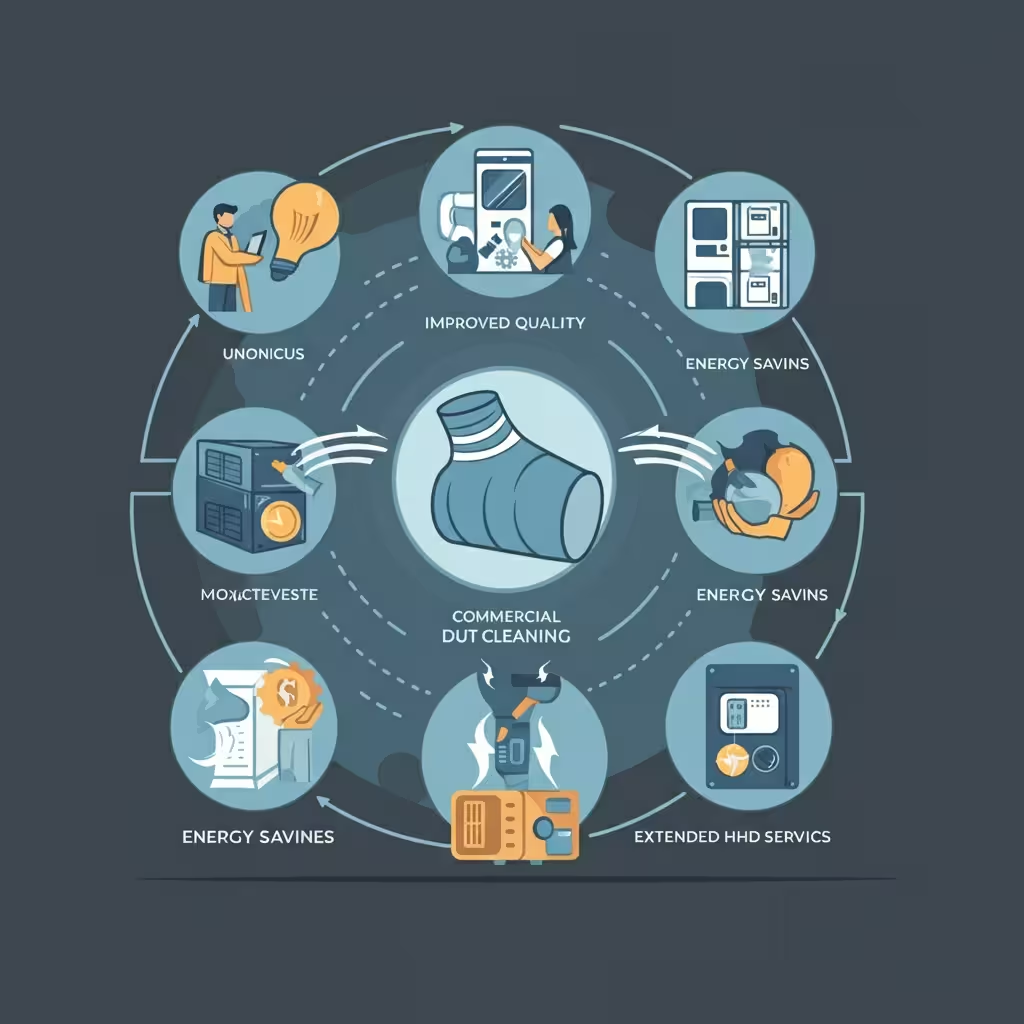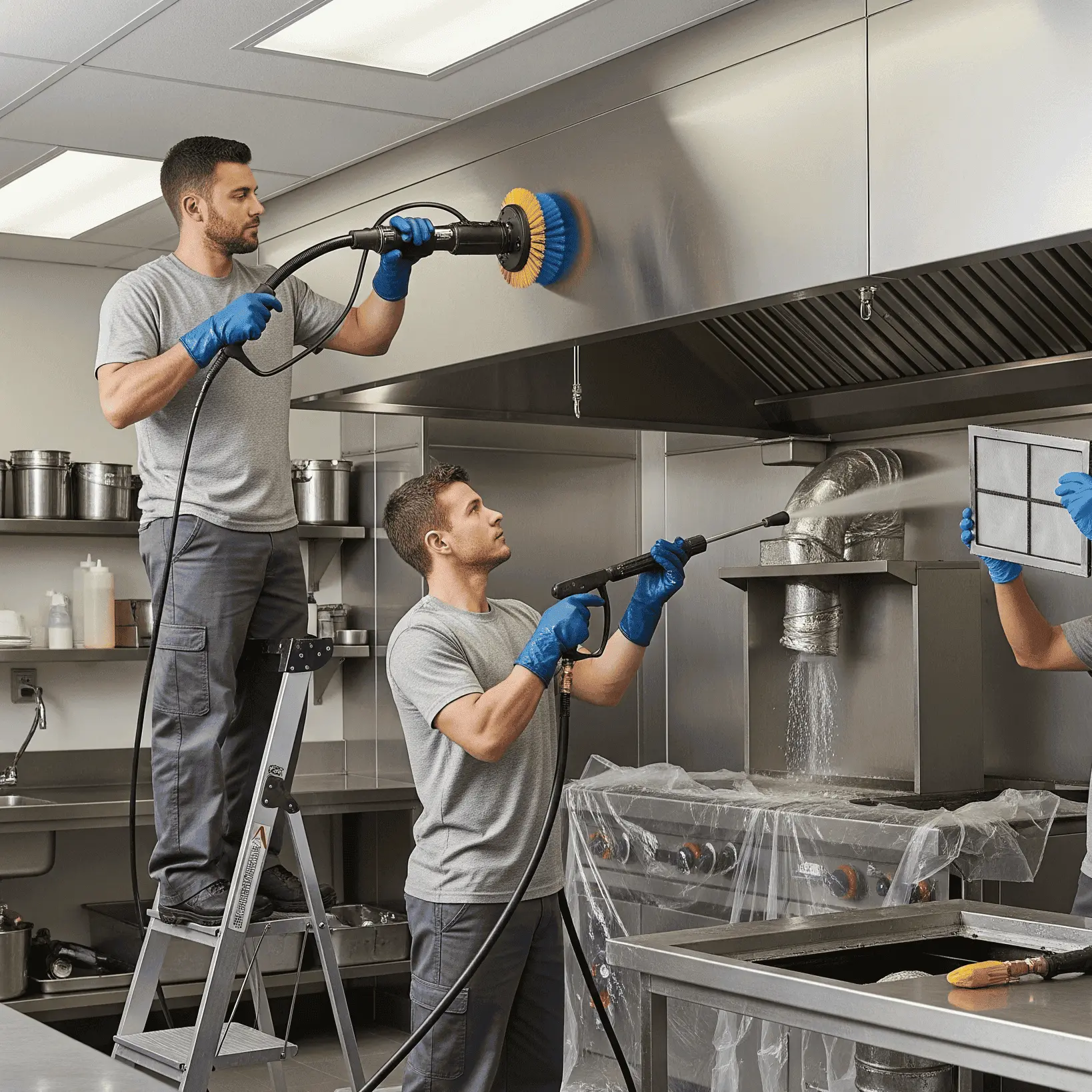As a commercial kitchen operator in Illinois, your focus is on creating exceptional food and running a profitable business. But alongside managing inventory, staff, and customers, you’re also responsible for managing risk. One of the most significant yet often misunderstood risks is fire safety, specifically concerning your kitchen exhaust system.
The regulations governing this area can seem complex, but they all lead back to one crucial document: NFPA 96.
This isn’t just a set of guidelines; it’s the standard adopted by fire marshals, local authorities, and insurance companies across the state of Illinois. Understanding and adhering to NFPA 96 is not optional—it’s essential for keeping your business safe, operational, and legally compliant. This guide will demystify the standard and provide a clear roadmap for Illinois businesses to navigate its requirements.
What is NFPA 96 and Why Does It Matter in Illinois?
NFPA 96, which stands for the Standard for Ventilation Control and Fire Protection of Commercial Cooking Operations, is the national benchmark for fire safety related to commercial kitchen ventilation. Its purpose is to establish the minimum requirements for the design, installation, operation, inspection, and—most importantly—the maintenance of these systems.
In Illinois, from Chicago to Springfield, local fire codes are based on NFPA 96. When a fire inspector visits your establishment, they are using this standard as their checklist.
Non-compliance can lead to a cascade of negative consequences:
- Failed Inspections and Fines: Fire marshals can issue significant fines for systems that are not maintained according to the standard.
- Forced Business Closures: In cases of severe neglect, authorities have the power to shut down your operations until the system is brought into compliance.
- Voided Insurance Claims: If a fire occurs and your exhaust system is found to be non-compliant, your insurance provider may have grounds to deny your claim, leaving you with a total financial loss.
- Legal Liability: In the tragic event that a fire causes injury or property damage, proven negligence in maintaining your system can expose you to severe legal and financial liability.
The Core of Compliance: The NFPA 96 Cleaning Schedule
The most critical part of NFPA 96 for business owners to understand is the mandated frequency for inspection and cleaning. The standard is very clear that the entire system must be cleaned by a properly trained, qualified, and certified professional at regular intervals. The required schedule is based on the type and volume of cooking performed.
Here is the breakdown directly from the standard:
- Monthly: Required for systems serving solid fuel cooking operations. This includes kitchens using wood, charcoal, or other solid fuels that produce heavy, flammable creosote and soot.
- Quarterly (Every 3 Months): Mandated for high-volume operations. This category includes 24-hour restaurants, establishments that use charbroiling or wok-style cooking, and any kitchen with consistently high production.
- Semi-Annually (Every 6 Months): This is the most common frequency and applies to the majority of moderate-volume kitchens found in typical restaurants, hotel dining rooms, and employee cafeterias.
- Annually (Once a Year): Reserved for low-volume cooking operations, such as those found in churches, day camps, senior centers, or seasonal businesses that operate for short periods.
It is crucial to correctly identify your category. Misjudging your volume and extending the time between cleanings is a direct violation of the code.
Beyond the Schedule: What Does a “Compliant Cleaning” Actually Mean?
Scheduling a service is only half the battle. To be compliant, the cleaning itself must meet the rigorous standards set by NFPA 96. The guiding principle is cleaning “down to the bare metal.” This means every trace of flammable grease residue must be removed from every accessible component of the system.
A compliant, professional service includes:
- The Hood: The interior and exterior surfaces of the hood canopy, including the plenum chamber behind the filters.
- The Ductwork: The entire duct run, from where it connects to the hood all the way to the fan on the roof. This includes all horizontal and vertical sections. If proper access panels are not present, a compliant company should recommend their installation.
- The Exhaust Fan: The rooftop fan unit is a critical component. A compliant cleaning involves opening the fan housing, scraping and washing the fan blades, and cleaning the fan base to ensure it operates efficiently and safely.
Achieving this level of “bare metal clean” across the entire system requires specialized tools, powerful food-safe degreasers, and certified expertise. You can see our detailed, NFPA 96-compliant process on our kitchen exhaust cleaning services page.
The Proof of Compliance: Documentation is Everything
In the eyes of an inspector or an insurance agent, if it isn’t documented, it didn’t happen. NFPA 96 requires that a certified cleaning company provide you with clear and specific proof of service.
- The Certification Sticker: After a compliant cleaning, a sticker must be applied to the hood. This label must clearly state the name of the cleaning company, the date of the service, and the date the next service is due. This is the first thing an inspector will look for.
- The Service Report: You must also be provided with a detailed, written report after the service is complete. This report should document what was cleaned, identify any parts of the system that were inaccessible, and note any deficiencies in your system that could pose a fire risk. Many professional companies, including ours, supplement this report with before-and-after photos as undeniable proof of the work performed.
This documentation is your official record. Keep it filed and readily available for any unannounced inspections.
Choosing a Compliant Cleaning Partner in Illinois
Not all cleaning companies are created equal. To ensure you are hiring a true professional who will keep you compliant, ask the following questions:
- Are your technicians trained and certified to NFPA 96 standards?
- Can you provide a certificate of liability and workers’ compensation insurance?
- Does your service include cleaning the entire system from the hood to the rooftop fan?
- Will I receive a detailed service report and a compliant certification sticker?
Your kitchen’s safety and your business’s legal standing are too important to leave to chance. Partner with experts who understand the intricacies of NFPA 96 and are committed to upholding its standards. Contact us today for a professional inspection and ensure your Illinois kitchen is safe, clean, and fully compliant.
